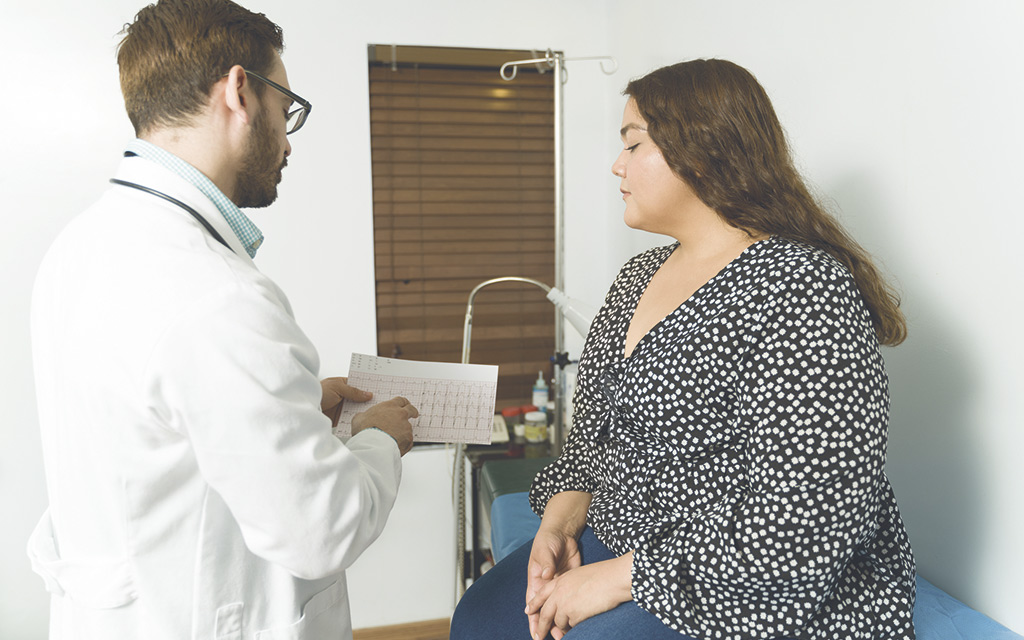Inventory of best practices and relevant levers for overweight/obesity prevention and management
Project description
Reinventing Obesity Prevention: The Holistic Approach of the HealthyW8 Project
Obesity is a complex issue influenced by environmental factors such as family, lifestyle/living conditions, and socioeconomic resources; besides host factors: genes, epigenetics, gut microbiota, or psychological traits. This is why prevention of obesity needs to focus on the person's characteristics and environment, using a contextual system approach. The HealthyW8 project combines various methods, including socioeconomic and living context factors, to target the problem of obesity. The project uses technological psychological assessments, policy audits, and qualitative and quantitative SSH methods to better understand behaviour and its triggers. The project integrates different disciplines to understand obesity better, including sensor-based data collection, observational studies, and participant surveys.
HealthyW8 aims to develop an integrated precision prevention approach for obesity, which includes an enhanced HLRS (Health Lifestyle Recommendation System) based on an emotions-aware HDT (Human Digital Twin). The HLRS will integrate multiple host factors, lifestyle aspects, and socio-economic and living contexts to provide personalized recommendations. The HDT will help forecast human behaviour, understand practical limitations of recommendations, and serve as a framework for simulation and prediction models for individual decision-making processes. The use of a HDT for obesity prevention is a novel approach that could revolutionize obesity management.

